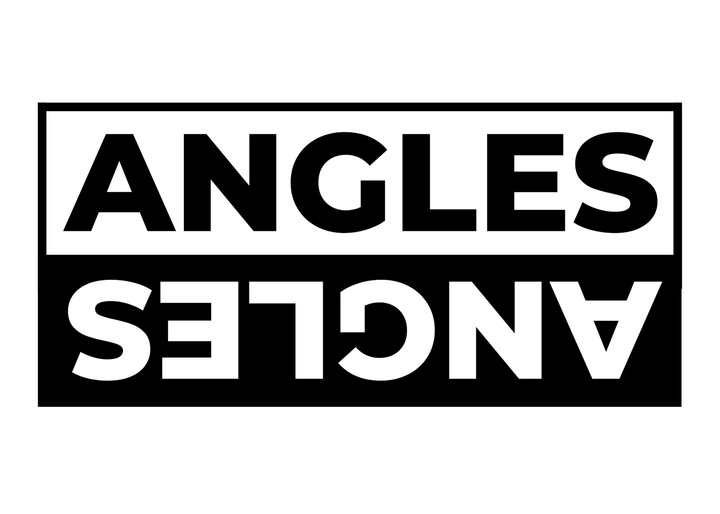In defense of leisure

The primacy of work reigns over our heads. Our society instills into us that we need to be productive at all times and that laziness is sinful. Rather than simply existing to exist, we have become achievement subjects — entities that exist to achieve and work. According to philosopher and cultural theorist Byung-Chul Han, even when we are not working, we constantly self-exploit. We think that when we aren’t working, we are wasting our time. Even our play becomes optimized with techniques to maximize efficiency. We must constantly achieve, reinvent and make ourselves more productive. We work to burnout, and when we think the rope is burnt to a crisp, we still voluntarily char its embers. All of our overwork and achievement inevitably leads to a life filled with dread and depression.
We try to resist this, as evidenced by the rise of bed rot, “self-help,” mindless scrolling and various other forms of pseudo-leisure; yet this fails to actually give us true rest. A break filled with pseudo-leisure is merely a continuation of the self-exploitation system — like saying “I will take a break and come back refreshed to work!” We must escape this loop we are in. What we need is true leisure: actions that breed creativity. Instead of being something brief, true leisure is long and, ironically enough, less stimulating than pseudo-leisure.
Pseudo-leisure is any activity that does not breed creation, contemplation or engagement with existence. Examples include scrolling mindlessly, small talk, binge-watching, background noise, meaningless conversations and debates. It serves to destroy thought and give us just enough “rest” to get back to work. Pseudo-leisure does not actually give us ample time to rest, since it is merely for a regimented amount of time, and it does not produce anything meaningful.
True leisure, on the other hand, involves moments of contemplation, creativity and engagement with life: long walks, writing, journaling, meditation, sitting outside, reading for the sake of reading, playing instruments, dancing, sex, star-gazing and ritual. Things like this are perceived by our society as unproductive, or as French philosopher Georges Bataille calls them, heterogeneous. But these heterogeneous elements are what makes life living: Without them, we only exist for labor. Imagine a moment of drunken ecstasy while writing a poem: What “use” is that? Dancing for hours at a techno club and meditating on the music, or perhaps even practicing eroticism with a person one loves — how is that useful towards capitalism? Yet moments like these are some of the most enjoyable. They also produce the most profound human experiences and thoughts. Even in moments like sex which appear to be without intellectual thought, thoughts of existence rise for contemplation.
It is only through embracing what is considered wasteful in this society is that we will truly begin to live. How boring is a life that is only filled with work? It is as Karl Marx says: The less we engage in true leisure, the more depressed, detached and decrypted we become from existence.
We are creatures filled with excess, and we must spend it somewhere. Our burnout society takes this excess and redirects it to itself for higher and higher standards of achievement and to pseudo-leisure when the pressure becomes too much. It is a feedback loop where we cannot truly spend our expenditure but are forced to work until we are too tired to even do expenditure.
Kill the creature in your head that is telling you to work. Embrace being unproductive. Embrace existing just to exist and not just to work. Do activities that take a long time, that are contemplative, that involve creation. When you choose these activities, you are much closer to life itself than when you focus on capitalistic self-optimization or mindless pseudo-leisure.



